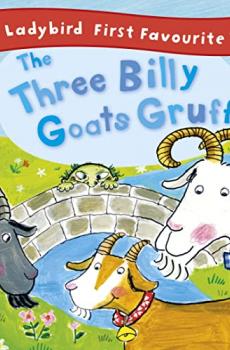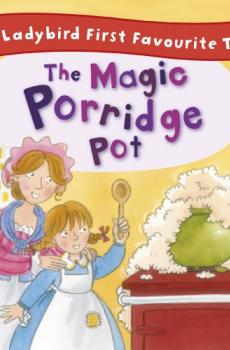History of the Catholic Church from the Renaissance to the French Revolution, Volume 1
History of the Catholic Church from the Renaissance to the French Revolution, Volume 1
Log in to download this book.
| Publisher | Chưa rõ |
|---|---|
| Accessible book producer | Public domain |
| Published year | 2000 |
| Coppy right | Chưa rõ |
The fifteenth century may be regarded as a period of transition from the ideals of the Middle Ages to those of modern times. The world was fast becoming more secular in its tendencies, and, as a necessary result, theories and principles that had met till then with almost universal acceptance in literature, in art, in education, and in government, were challenged by many as untenable.
Scholasticism, which had monopolised the attention of both schools and scholars since the days of St. Anselm and Abelard, was called upon to defend its claims against the advocates of classical culture; the theocratico-imperial conception of Christian society as expounded by the canonists and lawyers of an earlier period was forced into the background by the appearance of nationalism and individualism, which by this time had become factors to be reckoned with by the ecclesiastical and civil rulers; the Feudal System, which had received a mortal blow by the intermingling of the classes and the masses in the era of the Crusades, was threatened, from above, by the movement towards centralisation and absolutism, and from below, by the growing discontent of the peasantry and artisans, who had begun to realise, but as yet only in a vague way, their own strength. In every department the battle for supremacy was being waged between the old and the new, and the printing-press was at hand to enable the patrons of both to mould the thoughts and opinions of the Christian world.
It was, therefore, an age of unrest and of great intellectual activity, and at all such times the claims of the Church as the guardian and expounder of Divine Revelation are sure to be questioned. Not that the Church has need to fear inquiry, or that the claims of faith and reason are incompatible, but because some daring spirits are always to be reckoned with, who, by mistaking hypotheses for facts, succeed in convincing themselves and their followers that those in authority are unprogressive, and as such, to be despised.
This was particularly true of some of the Humanists. At first sight, indeed, it is difficult to understand why the revival of classical learning should lead to the danger of the rejection of Christian Revelation, seeing that the appreciation of the great literary products of Greece and Rome, and that, even in the days of the Renaissance, the Popes and the bishops were reckoned amongst the most generous patrons of the classical movement. Yet the violence of extreme partisans on both sides rendered a conflict almost unavoidable.
On the one hand, many of the classical enthusiasts, not content with winning for their favourite studies a most important place on the programmes of the schools, were determined to force on the Christian body the ideals, the culture, and the outlook on the world, which found their best expression in the masterpieces of pagan literature; while, on the other, not a few of the champions of Scholastic Philosophy seemed to have convinced themselves that Scholasticism and Christianity were identified so closely that rejection or criticism of the former must imply disloyalty to the latter. The Humanists mocked at the Scholastics and dubbed them obscurantists on account of their barbarous Latinity, their uncritical methods, and their pointless wranglings; the Scholastics retorted by denouncing their opponents as pagans, or, at least, heretics. In this way the claims of religion were drawn into the arena, and, as neither the extreme Scholastics nor the extreme Humanists had learned to distinguish between dogmas and systems, between what was essential and what was tentative, there was grave danger that religion would suffer in the eyes of educated men on account of the crude methods of those who claimed to be its authorised exponents.




